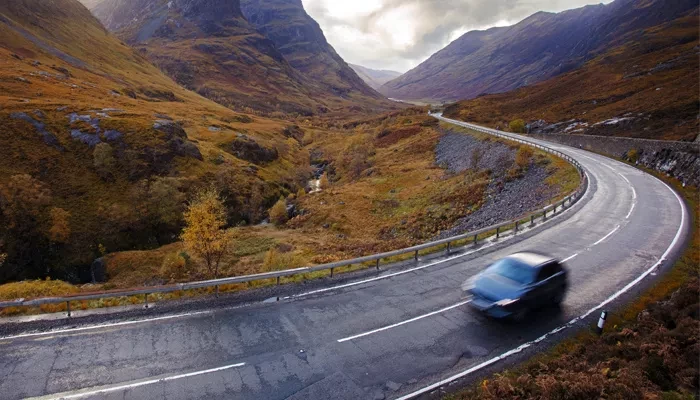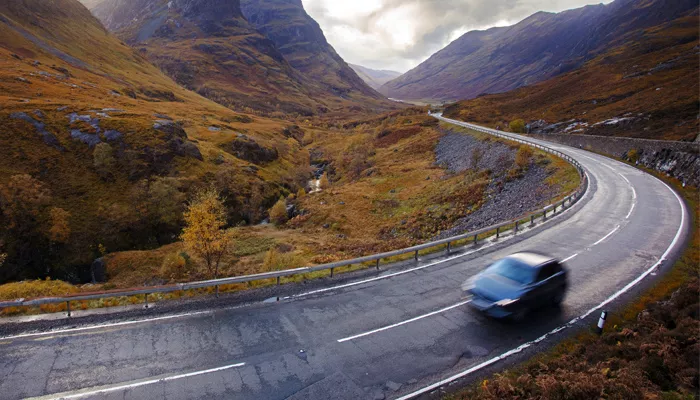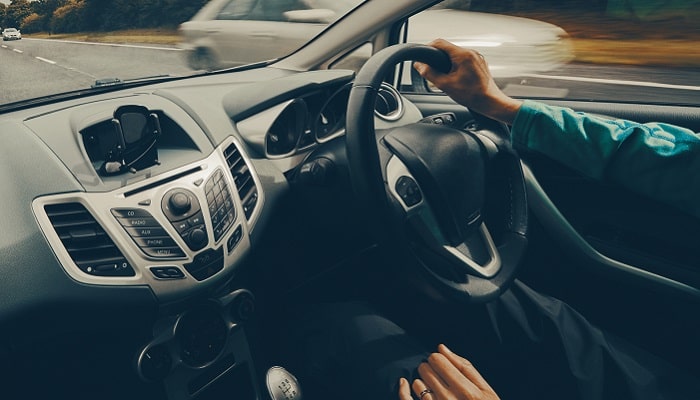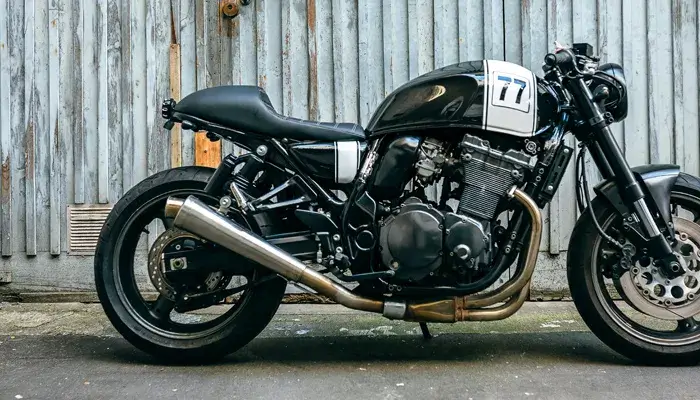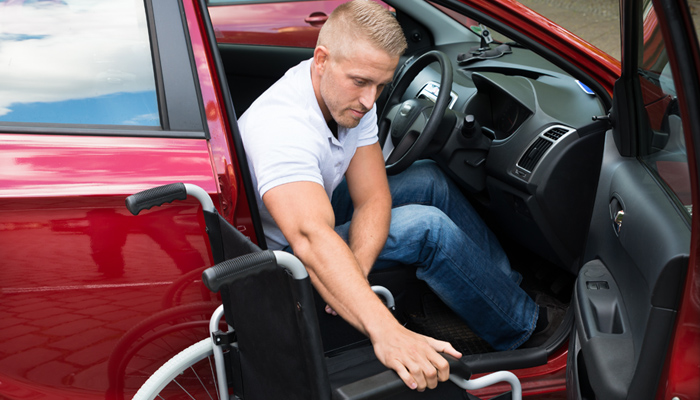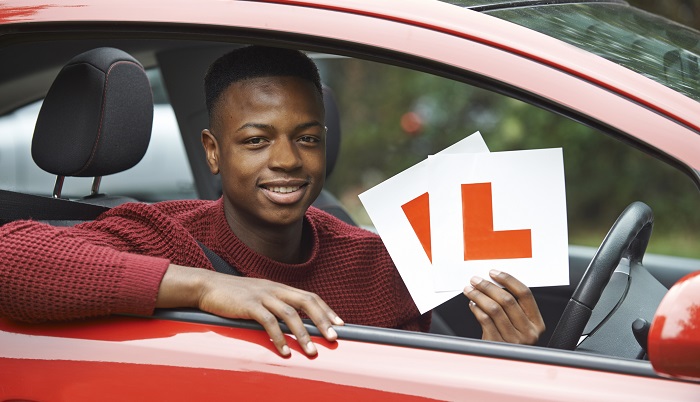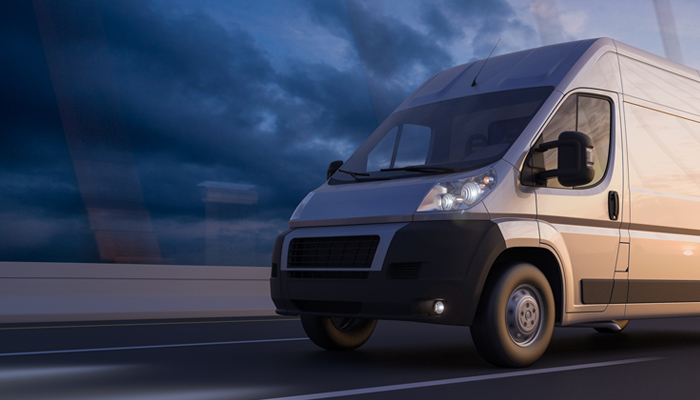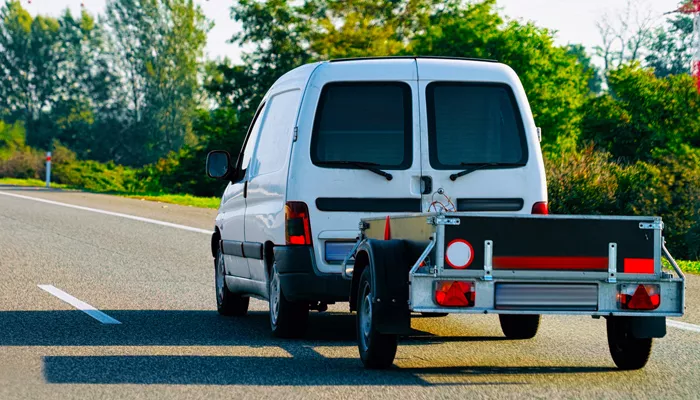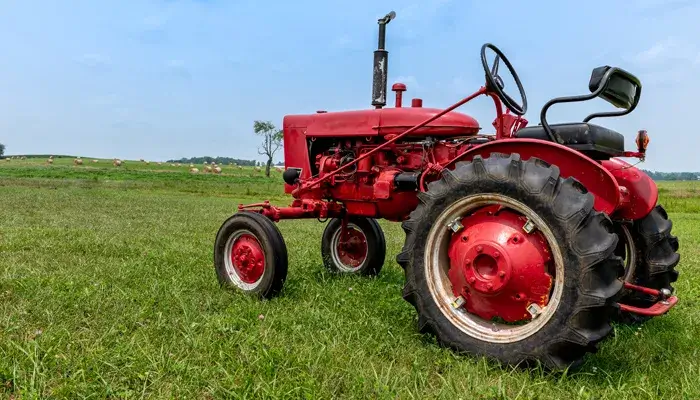See our range of motor covers
Motor Insurance FAQs
![Question Question]()
Do you offer specialist vehicle insurance?
Do you offer specialist vehicle insurance?

Yes, we can offer cover for specialist vehicles and specific needs, including vintage tractors, disabled driver vehicles, classic bikes and classic cars.
What should I do if I have an accident in my car?
- Obtain the name and address of any persons involved in the accident and any witnesses. This should include details of any passengers in any other vehicle involved.
- Report any claim, accident, theft or loss as soon as possible by contacting the telephone helplines shown in your insurance documents. The sooner we know about an incident the sooner we can start helping you.
- Send any writ, summons or letters received in connection with any claim, accident or loss to us as soon as you receive them.
- Tell us at once if you receive any notice of prosecution, inquest or fatal accident inquiry connected to the incident.
- Report any theft, or your vehicle being taken without your consent immediately to the police and obtain a crime reference number
- You should not admit that the accident was your fault
- You should not attempt to negotiate the settlement of a claim from another person.
- We will defend or settle any claim made against you on your behalf
What is a no claims bonus (NCB)?
This is a discount awarded for the completion of 12 months of continuous claim free insurance. NCB can only be earned and used in your own name and on one vehicle at a time. NCB is not acceptable if it expired more than 2 years prior to the inception of your new policy. NCB is reduced after a fault claim (please refer to your policy wording for details of NCB reduction). If you are unsure if your NCB is valid you can call our experienced advisers on 03303 438 629 who will be happy to help and advise you.
What is an insurance excess?
This is the first part of each claim which you (not your insurer) must pay. There are two types of excess:
- Compulsory excess - this is an excess that has been applied as a requirement by your insurer and will vary according to your personal circumstances and the terms of cover provided. A compulsory excess may be required if you drive a particular vehicle or you have inexperienced drivers on your policy. There is also a compulsory excess for fire, theft, windscreen claims or malicious damage.
- Voluntary excess - This will apply where you agree with your insurer to pay a greater part of each claim, in addition to your compulsory excess. A voluntary excess can be increased or decreased at your request during your online quotation and it may affect your premium.
Fault and non-fault claims - what is the difference?
A fault claim is any claim resulting in your own insurer being liable (paying for the claim). For example, you are not to blame for a theft claim but your own insurer would be liable, as they have no other party to recover the costs from.
If your insurer pays for your damages in a claim, for example where a third party hit you, but then re-coups their costs via the third party's insurer, this would be a non-fault claim as your insurer was not liable.
If I have an accident and I do not wish to make a claim, do I still have to notify my insurer?
Yes, it is always advisable to tell your insurer of any incident the insured vehicle is involved in, so that your file is always fully updated, even if no claim is to be made.
What is an immobiliser?
An electronic immobiliser is a device fitted to the vehicle that disables the engine of your vehicle when it is not in operation by you. Some newer vehicles have these factory fitted by the manufacturer and these are normally shown within your vehicle brochure. It is also possible to have these fitted by a garage or specialist, who would supply a certificate of installation detailing the exact model of your vehicle's immobiliser. A copy of your fitment certificate may be required.
A manual immobiliser is a device which is usually placed on the steering wheel or gear lever of your vehicle.
There are two types of Thatcham graded immobiliser:
T2 = An immobiliser that has been judged to comply to the Thatcham criteria.
T1 = An alarm/immobiliser combination that has been judged to comply to the Thatcham criteria.
How old does a car have to be in order to qualify for classic insurance?
A car usually has to be 20 years in order to qualify for classic car insurance. However, this can be reduced for certain marques or subject to certain club membership.
How old does my motorcycle have to be to be considered ‘classic’?
‘Classic’ means different things to different people. Normally we consider bikes as classic once they are 15 years old, however for some clubs we can cover bikes from 10 years old. If you’re unsure, give us a call, let us know which club you’re with and we’ll do the rest.
What does 'agreed value' mean in relation to my classic car?
Your car's agreed value is the figure negotiated at the start of your insurance process that your insurers agree to pay in the case of theft or total loss of your vehicle. It is only available for vehicles qualifying for classic insurance.
What does 'market value' mean in relation to my classic car?
Market value is the amount you would reasonably expect to receive if you sell your vehicle.
Can I pay for my motor insurance in instalments?
To help you spread the cost of your premiums, we offer a quick and easy direct debit scheme for payment spread over ten months. Please visit our dedicated Direct Debit page to find out more.
![Question Question]()
What should I do if I have an accident in my car?
What should I do if I have an accident in my car?

- Obtain the name and address of any persons involved in the accident and any witnesses. This should include details of any passengers in any other vehicle involved.
- Report any claim, accident, theft or loss as soon as possible by contacting the telephone helplines shown in your insurance documents. The sooner we know about an incident the sooner we can start helping you.
- Send any writ, summons or letters received in connection with any claim, accident or loss to us as soon as you receive them.
- Tell us at once if you receive any notice of prosecution, inquest or fatal accident inquiry connected to the incident.
- Report any theft, or your vehicle being taken without your consent immediately to the police and obtain a crime reference number
- You should not admit that the accident was your fault
- You should not attempt to negotiate the settlement of a claim from another person.
- We will defend or settle any claim made against you on your behalf
![Question Question]()
What is a no claims bonus (NCB)?
What is a no claims bonus (NCB)?

This is a discount awarded for the completion of 12 months of continuous claim free insurance. NCB can only be earned and used in your own name and on one vehicle at a time. NCB is not acceptable if it expired more than 2 years prior to the inception of your new policy. NCB is reduced after a fault claim (please refer to your policy wording for details of NCB reduction). If you are unsure if your NCB is valid you can call our experienced advisers on 03303 438 629 who will be happy to help and advise you.
![Question Question]()
What is an insurance excess?
What is an insurance excess?

This is the first part of each claim which you (not your insurer) must pay. There are two types of excess:
- Compulsory excess - this is an excess that has been applied as a requirement by your insurer and will vary according to your personal circumstances and the terms of cover provided. A compulsory excess may be required if you drive a particular vehicle or you have inexperienced drivers on your policy. There is also a compulsory excess for fire, theft, windscreen claims or malicious damage.
- Voluntary excess - This will apply where you agree with your insurer to pay a greater part of each claim, in addition to your compulsory excess. A voluntary excess can be increased or decreased at your request during your online quotation and it may affect your premium.
![Question Question]()
Fault and non-fault claims - what is the difference?
Fault and non-fault claims - what is the difference?

A fault claim is any claim resulting in your own insurer being liable (paying for the claim). For example, you are not to blame for a theft claim but your own insurer would be liable, as they have no other party to recover the costs from.
If your insurer pays for your damages in a claim, for example where a third party hit you, but then re-coups their costs via the third party's insurer, this would be a non-fault claim as your insurer was not liable.
![Question Question]()
If I have an accident and I do not wish to make a claim, do I still have to notify my insurer?
If I have an accident and I do not wish to make a claim, do I still have to notify my insurer?

Yes, it is always advisable to tell your insurer of any incident the insured vehicle is involved in, so that your file is always fully updated, even if no claim is to be made.
![Question Question]()
What is an immobiliser?
What is an immobiliser?

An electronic immobiliser is a device fitted to the vehicle that disables the engine of your vehicle when it is not in operation by you. Some newer vehicles have these factory fitted by the manufacturer and these are normally shown within your vehicle brochure. It is also possible to have these fitted by a garage or specialist, who would supply a certificate of installation detailing the exact model of your vehicle's immobiliser. A copy of your fitment certificate may be required.
A manual immobiliser is a device which is usually placed on the steering wheel or gear lever of your vehicle.
There are two types of Thatcham graded immobiliser:
T2 = An immobiliser that has been judged to comply to the Thatcham criteria.
T1 = An alarm/immobiliser combination that has been judged to comply to the Thatcham criteria.
![Question Question]()
How old does a car have to be in order to qualify for classic insurance?
How old does a car have to be in order to qualify for classic insurance?

A car usually has to be 20 years in order to qualify for classic car insurance. However, this can be reduced for certain marques or subject to certain club membership.
How old does my motorcycle have to be to be considered ‘classic’?
‘Classic’ means different things to different people. Normally we consider bikes as classic once they are 15 years old, however for some clubs we can cover bikes from 10 years old. If you’re unsure, give us a call, let us know which club you’re with and we’ll do the rest.
What does 'agreed value' mean in relation to my classic car?
Your car's agreed value is the figure negotiated at the start of your insurance process that your insurers agree to pay in the case of theft or total loss of your vehicle. It is only available for vehicles qualifying for classic insurance.
What does 'market value' mean in relation to my classic car?
Market value is the amount you would reasonably expect to receive if you sell your vehicle.
Can I pay for my motor insurance in instalments?
To help you spread the cost of your premiums, we offer a quick and easy direct debit scheme for payment spread over ten months. Please visit our dedicated Direct Debit page to find out more.
![Question Question]()
How old does my motorcycle have to be to be considered ‘classic’?
How old does my motorcycle have to be to be considered ‘classic’?

‘Classic’ means different things to different people. Normally we consider bikes as classic once they are 15 years old, however for some clubs we can cover bikes from 10 years old. If you’re unsure, give us a call, let us know which club you’re with and we’ll do the rest.
![Question Question]()
What does 'agreed value' mean in relation to my classic car?
What does 'agreed value' mean in relation to my classic car?

Your car's agreed value is the figure negotiated at the start of your insurance process that your insurers agree to pay in the case of theft or total loss of your vehicle. It is only available for vehicles qualifying for classic insurance.
![Question Question]()
What does 'market value' mean in relation to my classic car?
What does 'market value' mean in relation to my classic car?

Market value is the amount you would reasonably expect to receive if you sell your vehicle.
![Question Question]()
Can I pay for my motor insurance in instalments?
Can I pay for my motor insurance in instalments?

To help you spread the cost of your premiums, we offer a quick and easy direct debit scheme for payment spread over ten months. Please visit our dedicated Direct Debit page to find out more.
Read Motor Insurance Articles
-
A Guide to DVLA Car Classification
Our straight forward guide explains the different classes of vehicles and the different classes of cars in the car classification.
Read MoreAugust 02, 2017
-
Avoiding Ghost Brokers When Taking Out Car Insurance
Car insurance to protect what could be the second most expensive purchase you will ever make is really important. But how do you avoid 'ghost broking'?
Read MoreMarch 14, 2021
-
Guide to Restarting a Car Battery
If your car is refusing to start you may have a flat battery. Read our guide to find out the causes of a flat battery and how to solve the problem.
Read MoreFebruary 27, 2018
-
Top Ten Dangers to Young Drivers on the Motorway
Driving on the motorway can be daunting for any newly qualified, young driver. We've put together ten top tips for new drivers driving on the motorway.
Read MoreFebruary 28, 2018

